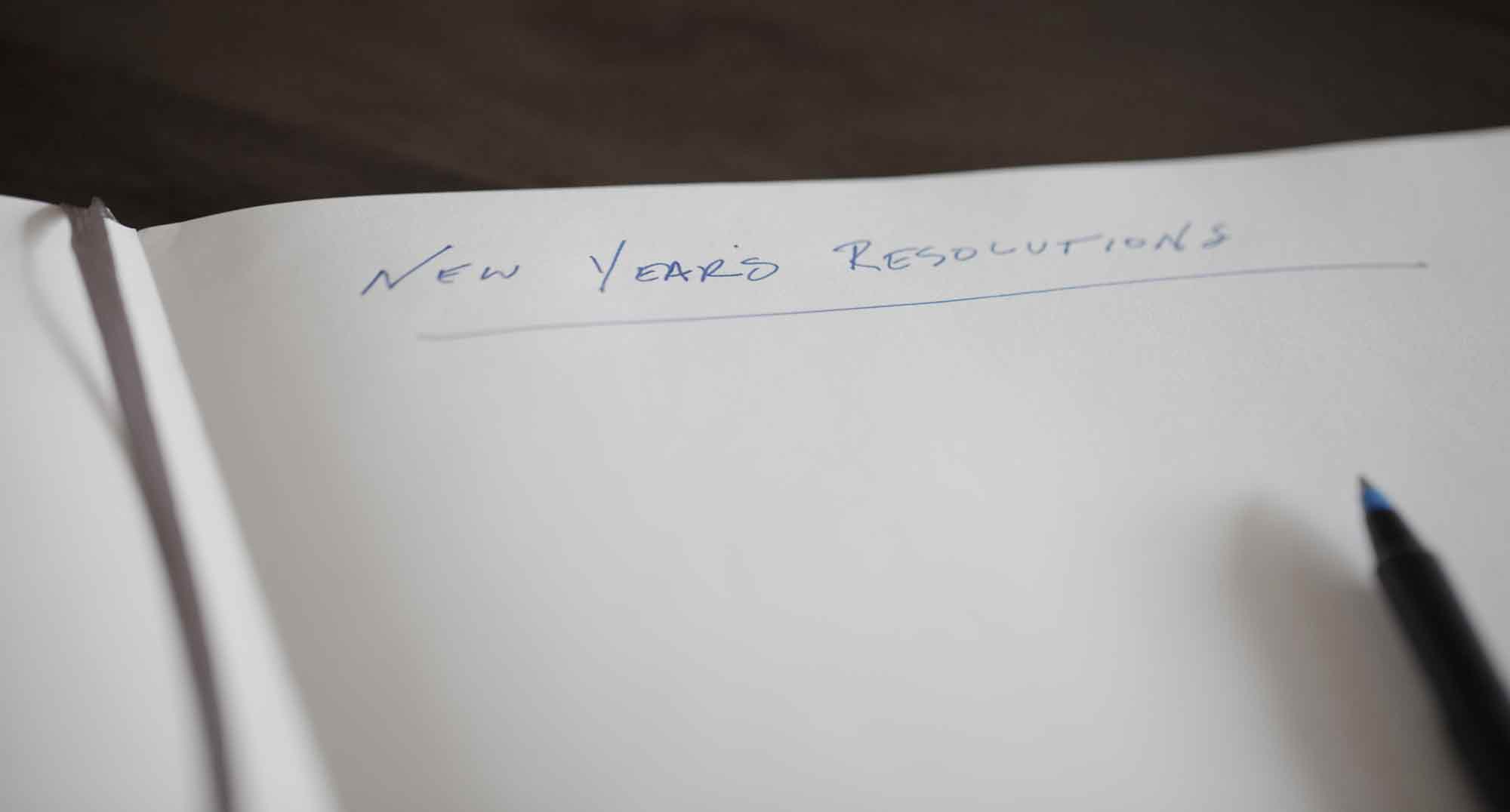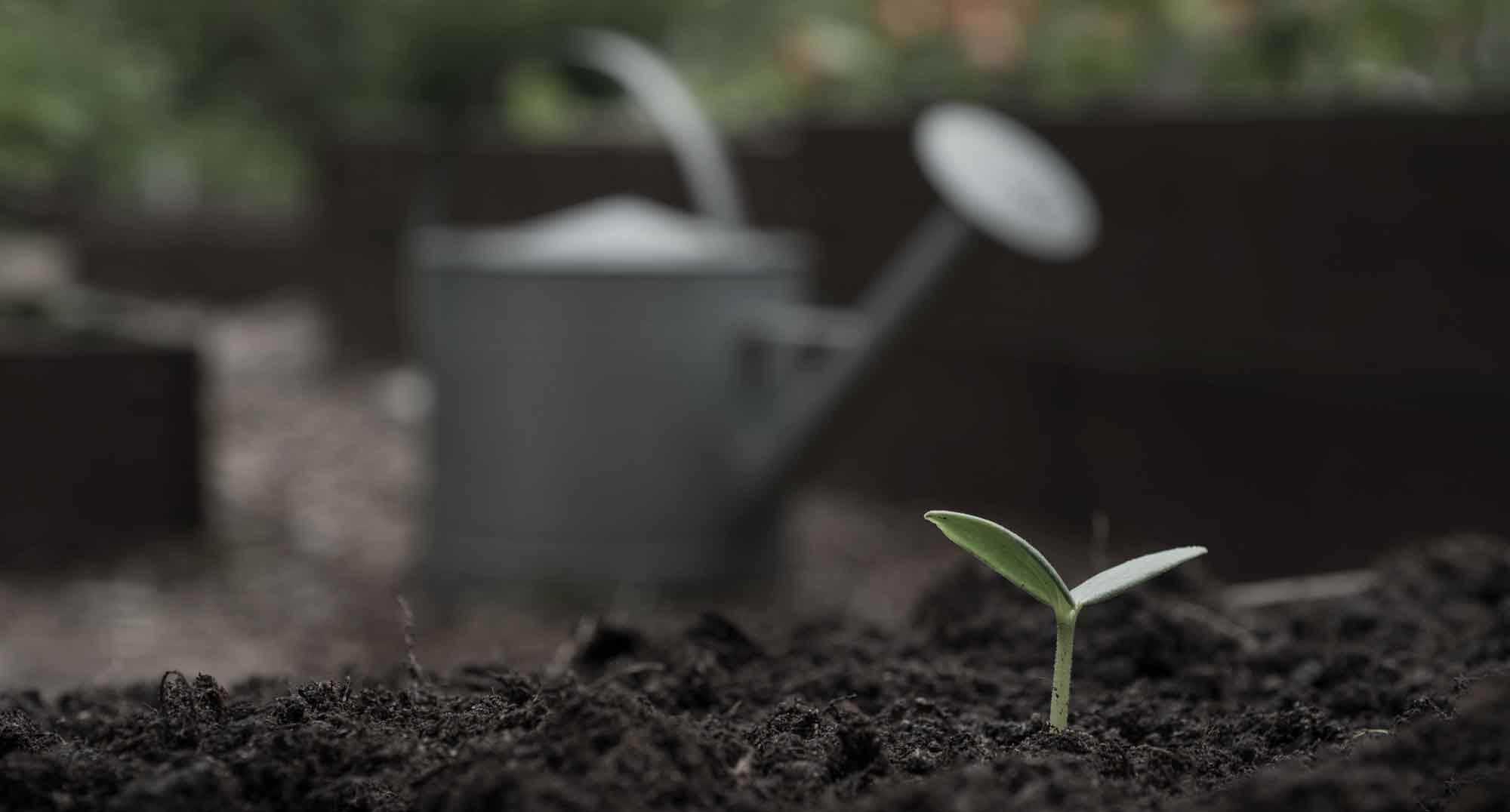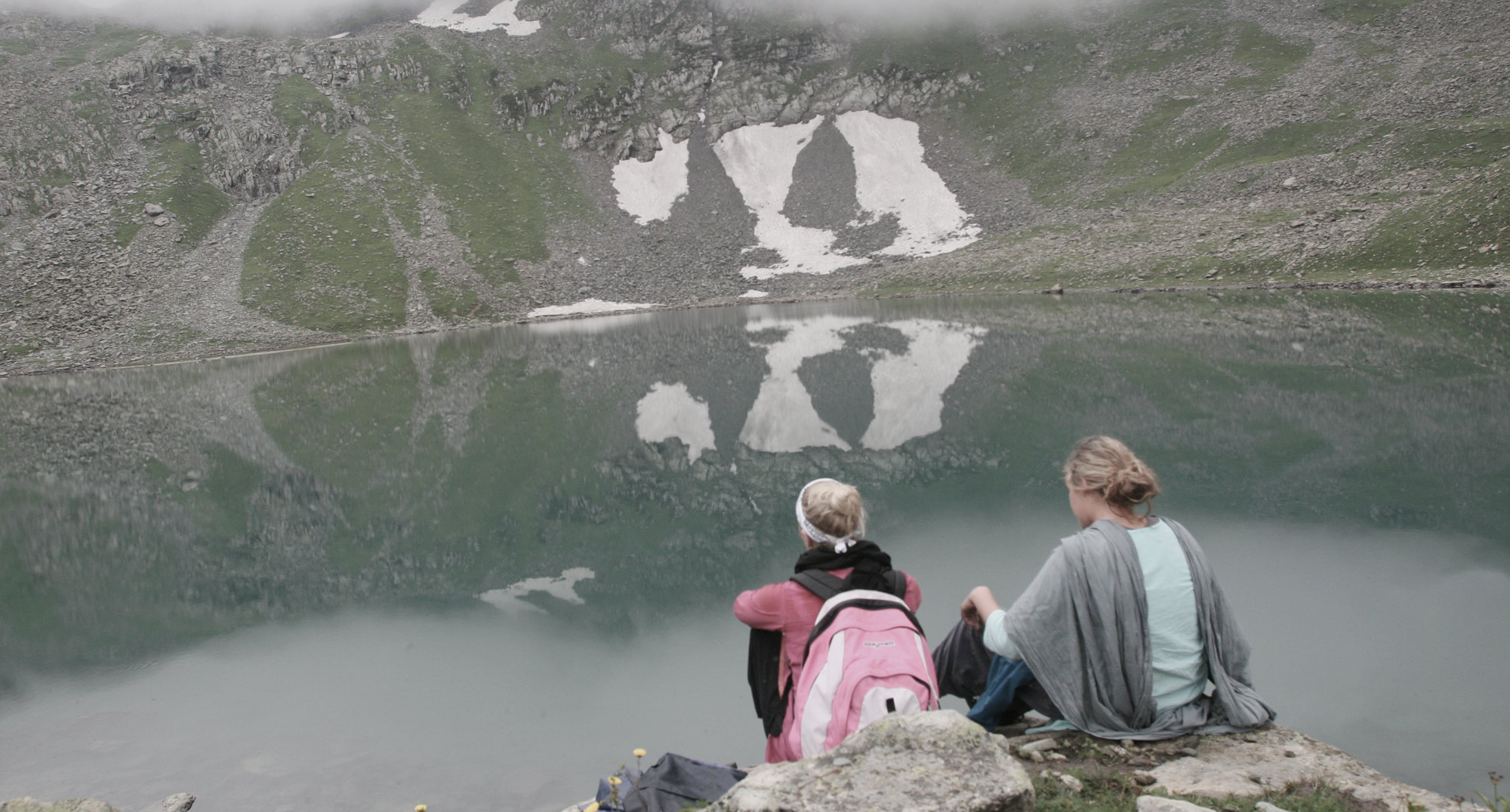Redemptive Suffering
We don’t have to look far to see suffering in this world, do we? From texts to social media to news outlets, we witness firsthand the trials and tribulations of living in this broken world. We probably know a neighbor, friend, or family member going through a difficult challenge. We are acutely aware of natural disasters and political conflicts happening around the globe. Believers are not exempt from afflictions. Every follower of Christ will experience some kind of trial or suffering. From the moment we wake up, to the moment our head hits the pillow, we may also feel the chronic struggle of doing life this side of Heaven. What should be our response when we feel the weight of suffering? The Trials of Suffering First, we should consider what suffering is. Suffering looks different from culture to culture and person to person. Quite simply, suffering is the state of undergoing pain, distress, or hardship. This certainly is a broad definition under which many things can fall. Physical pain, chronic illness, mental or emotional distress, relational tensions, financial loss, familial conflicts, social injustice, and the list could go on and on. Whatever the suffering, it comes to us as a direct result of the fall of man...










